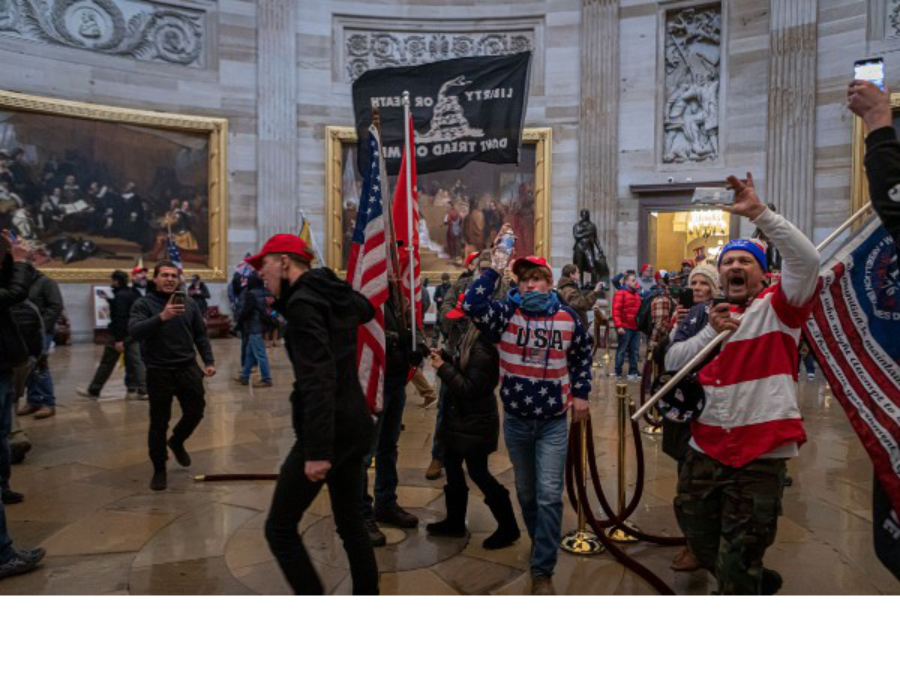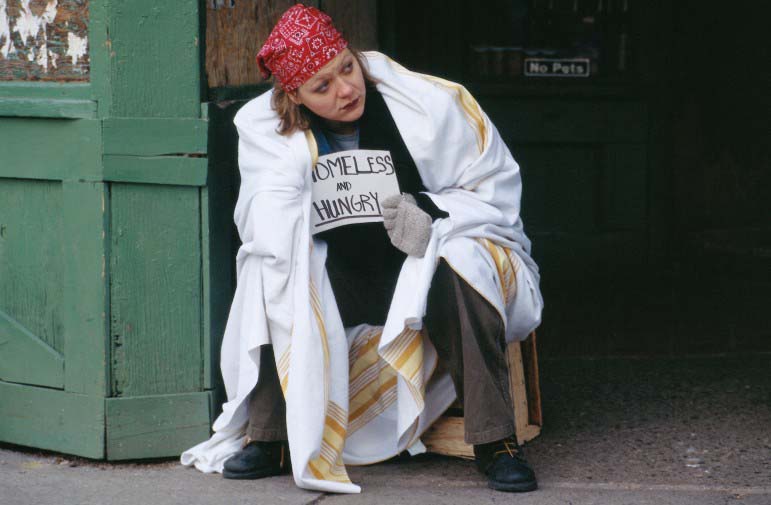
The failed coup and the disputed facts
January 15, 2021
Modern Believing January 2021 Books Received
February 5, 2021Fergus Butler-Gallie has written an an interesting article on the changing relationship between the Church of England and the Conservative Party:
The Church of England (CofE) was once referred to as the ‘Tory Party at Prayer’, which remains the case in the emptying pews of the rolling shires. But in the vicarages and bishops’ palaces, a quiet revolution has long since taken place. Openly Tory clergy are an endangered breed, and openly Tory bishops have gone the way of the dodo.
When the Welfare State was set up in the 1940s one of its major proponents was the Archbishop of Canterbury, William Temple. Butler-Gallie contrasts Temple’s understanding of it with a more recent account. According to Temple, when it comes to caring for the needy,
The first task of the Church is to inspire the State, which after all very largely consists of the same persons as itself, with the desire to combat evil; and the second is to counteract the one great difficulty which the State experiences. When the State takes up such work as this, there is one thing which we all fear: ‘Officialism.’ What is ‘Officialism’? Simply lack of love; nothing else in the world. It consists in treating people as “cases,” according to rules and red tape, instead of treating them as individuals.
The other quotation is from Jacob Rees-Mogg, who argued that the state
provides a basic level of welfare… but on some occasions that will not work, and to have charitable support given by people voluntarily to support their fellow citizens I think is rather uplifting and shows what a good compassionate country we are.
Butler-Gallie comments that this
perfectly summarises the new Tory relationship to the Church, while providing a perfect model of that ‘lack of love’ that Temple identified a century or so before. In this vision, the Church is a convenient vehicle for respectable altruism that can, if stretched far enough, cover those areas which the state has decided it is no longer worth its while to engage with.
This means that the church
is stuck in a Catch-22 situation. The government knows full well that they will support society’s poorest as best they can. It is, or ought to be, against the Church’s very raison d’etre to refuse to help. So, the government can make a very cynical calculation about what aspects of the Church they can bolster.
Those in power are treating the Welfare State
as an elaborate game of Jenga – relying on forces, such as the Church of England, that can be taken as read, keeping an increasingly fragile skeleton standing while any support that can be removed is quietly and carefully taken away.
Church and state
Temple could think of church and state as largely the same people. Nobody would think that now. The two have gone in different directions.
The Conservative Party was, from the start, a supporter of the established church. In the early Enlightenment era, when only the rich could vote, Liberals (I’m using the later names) represented the rising commercial classes and the Free Churches while Conservatives represented the Church of England along with the monarchy and the landowning aristocracy. In a manner which seems alien to us today, the Church of England did what religious leaders had done since the dawn of history: they pronounced God’s approval of the government’s rule. Then, it still mattered.
In many places this still survives. For seven years I and my family lived in a typically English Conservative-voting rural village. The people positively enjoyed the annual fête where they threw their energies into raising money for charities. The local church was central to the activities. To generalise, it was as though they considered the political settlement okay as it was, but included regular celebrations that raised money for the needy. The desire to give was more than an excuse; it expressed the natural human desire to give as well as receive. Temple might have approved. He was more determined to make sure the political settlement really was okay for everyone, but the model was still one of church and state working together for a shared sense of the common good.
Today, governments no longer need to ally themselves with religious institutions. Their rule no longer needs divine authorisation; elections suffice. Nor do they need the church to tell them how to govern. Past church leaders provided moral teaching on paying employees, setting prices for products and giving to beggars. When they do this today they are accused of interfering. Religion has been separated off, exiled to a world of its own. Although governments are more influenced by Christianity than they usually realise, they are increasingly getting their values from elsewhere.
The most influential of the newer theories is neo-liberal capitalism. Undergirding its detailed analyses is an overall aim: an economic system which will produce a desirable outcome when every individual seeks their own financial advantage regardless of the effects on other people.
Proponents disagree about what sort of outcome would count as desirable, but my point is that the aim is to replace charitable or compassionate giving. Some theorists go so far as to disapprove of such giving on the ground that it messes up the system. (For example, that it encourages idleness.) Self-centredness and unlimited financial greed are encouraged at the expense of compassion for the needy.
Rees-Mogg does not go so far, but this is the well from which he has drunk so deeply. To say that
to have charitable support given by people voluntarily to support their fellow citizens I think is rather uplifting
is to look on charitable giving from the outside. It seems ‘uplifting’ because it raises his sights above where they were before. To those brought up on the assumption that we are all self-centred individuals out for what we can get for ourselves, it is indeed uplifting to notice how other people act out of compassion for the needy. It uplifts because it reveals a contrasting set of values that we can instinctively recognise as better. Similarly, to say that it
shows what a good compassionate country we are
is to say that there remain good and compassionate people, living by better and more compassionate values than the values by which we are governed.
Those better and more compassionate values still influence political parties, some more than others; but in every political party they now have to compete against the values of self-centred individualism.
To encourage us all to be self-centred individuals out for what we can get for ourselves is a recipe for conflict. If we are to become once again a society where we care for each other, governments must learn to listen again to the voices they now dismiss as ‘religion’. They need to learn all over again that we have been designed to live at our best when we care for each other.
Each of us, when we are adequately cared for, have the capacity to see how we can care for others. Governments cannot do everything, as Temple knew; but the rest of us cannot do much while we are fighting against government policies. Butler-Gallie ends his article:
William Temple’s vision, that the Church should counteract the ‘lack of love’ found in the structures of the state is still, for many, the ideal approach. But as that lack of love strips those structures away, a weaker, less confident Church is being relied upon – not least by those in power – to step into the breach. How long it can stand there is another question.




